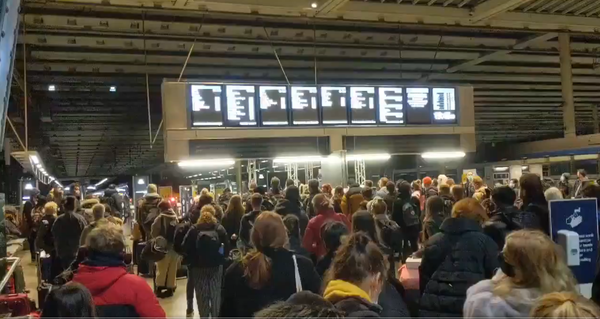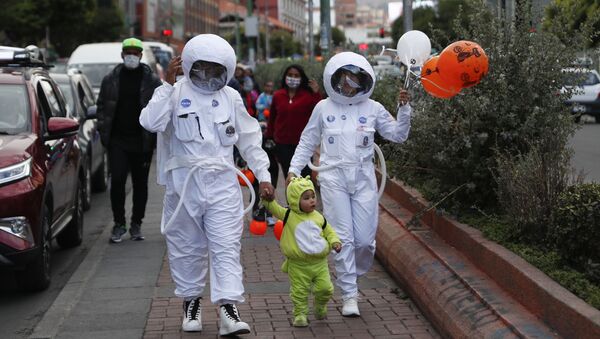Looking at what advice scholars are recommending to citizens in the meantime, we spoke to Igor Grossman, an associate professor of psychology and director of the Wisdom and Culture Laboratory at the University of Waterloo, Canada.
Sputnik: Firstly, before we look at specific advice from experts, can you tell us more about your research? What were your aim and end goal?
Igor: My research mostly focuses on wisdom and sound judgement, so how do people in their daily life navigate uncertainties, and also at cultural change and how to model cultural change. So, since the pandemic started I became interested in the impact of this process on people and societies, and because of those research interests, I decided to explore how scientists reflect on what could be coming after the crisis is over, to create to some extent, a time capsule of their thoughts and worries in 2020.
Sputnik: With that in mind and with the pandemic far from over, what advice are academics and scholars who study human behaviour and human societies recommending to people during these tough times?
Igor: Well this is a complex question. Many predictions that academics mentioned in their interviews were very diverse. We had 57 experts that I interviewed and they recommended 24 predictions, which means like every second one gave something different. Nevertheless, despite the diversity, a few things did standout; the first one being that experts recommended to focus on balancing short-term gains and long-term goals. To some extent this is nothing new, but the idea is that this is like, in this old adage, "not a sprint, but a marathon", and we need to be mindful based on the information from prior pandemics that it will take several years to recover. The second one being optimism, key psychological characteristics how people can manage challenging times in general; not just this pandemic, but it certainly is applicable to this pandemic too. This awareness that we as a society have weathered pandemics before and it will probably pass, eventually it has to pass; it will either become endemic or we will be all inoculated, but, in the meantime, we just have to remain optimistic. The third characteristic was agency and control. Experts recommended to create new rituals, structures, or habits in lives, because for many people living just at home and not having the structure imposed on you by going out, or going to work, is very challenging. In this context, creating structures at home and healthy habits can compensate for unplanned changes for lack of an external structure. And finally, the most common characteristics that experts mentioned concerned social connectedness - the embracing and maintaining of social connectedness to family, friends, and other people using, obviously, virtual means in the time of social distancing.

Sputnik: As you mentioned, one important theme that kept reoccurring in your research was the idea of social connectedness, which was a bit of a difficult subject to assess. Why is this such a complex and important theme in your research?
Igor: I did not even anticipate it to be the top characteristic. When we follow the public discourse, follow the news either in the UK or here overseas in Canada, we constantly hear from health experts and from economists. So, while we would be tempted to think that it's the mental health or the economic concerns that would be sort of mitigating, those who feel it should be the top priority; often it's these additional characteristics that go potentially hand in hand for those. Having good social networks has been shown empirically to help people weather through challenging times; it has a significant positive impact on your mental health, of course. It also can help you if you are in financial struggles, but that's a separate point. There is also research suggesting that finding ways to bond with others while maintaining, for instance, physical distance, creating new traditions with family, and trying to keep up relationships with friends can be very, very important - especially when you cannot really be, for instance, in the same room or see each other physically. Having some kind of online medium to re-establish the social connections is very important. We are social beings as a species. It's very important for us to have those networks and hence it's probably one of the most common recommendations in the interviews that I've conducted.




